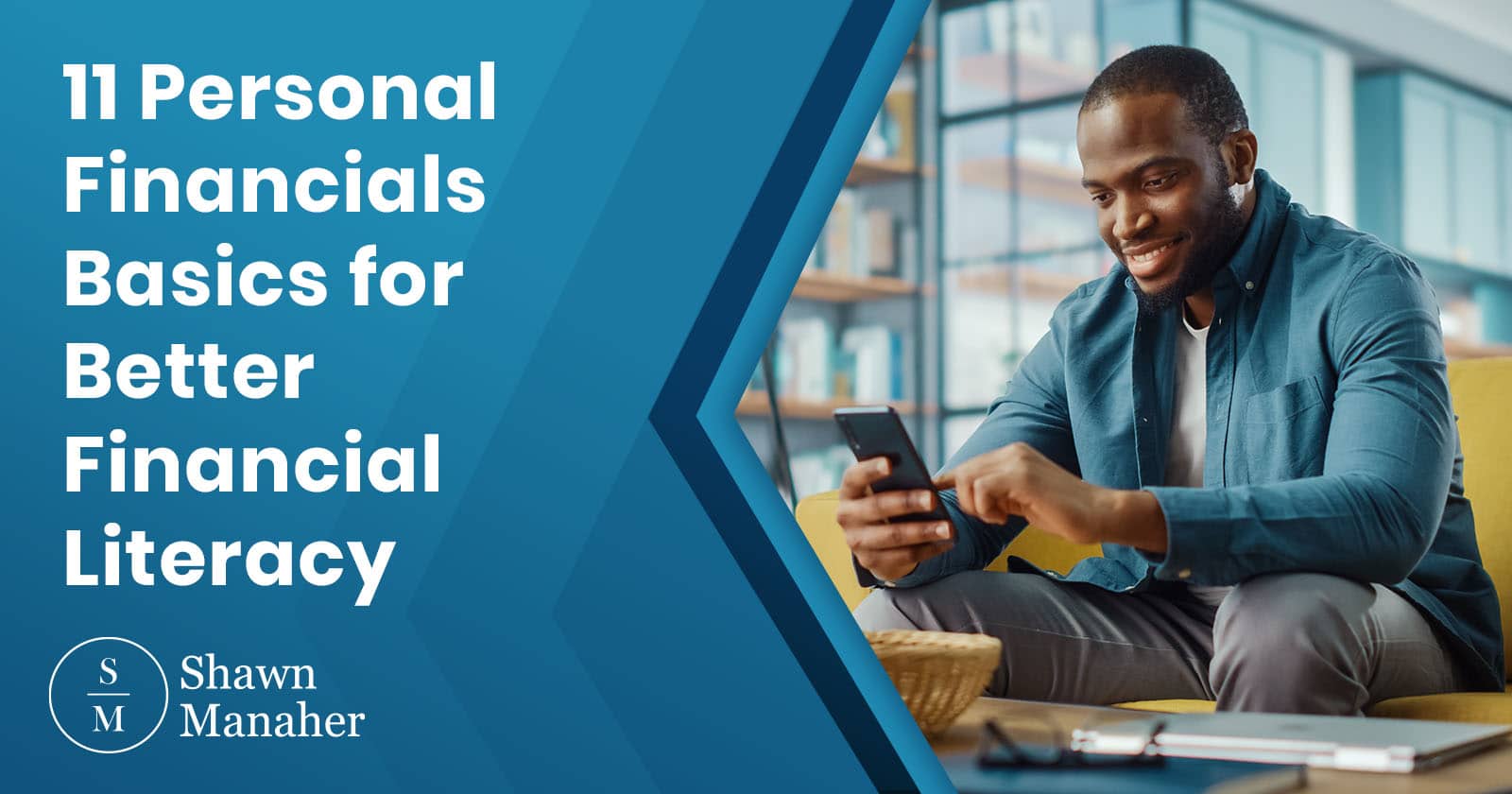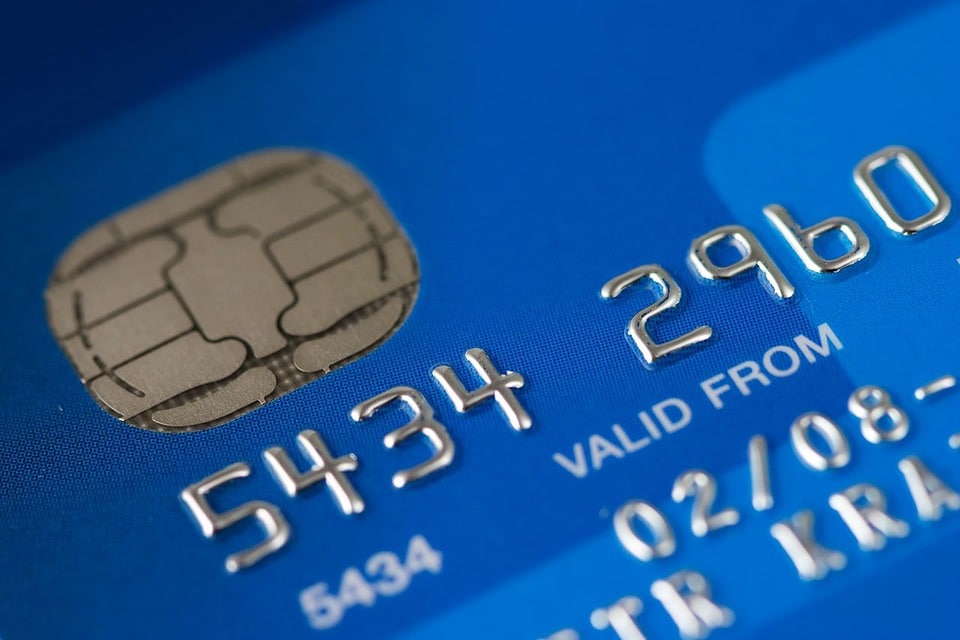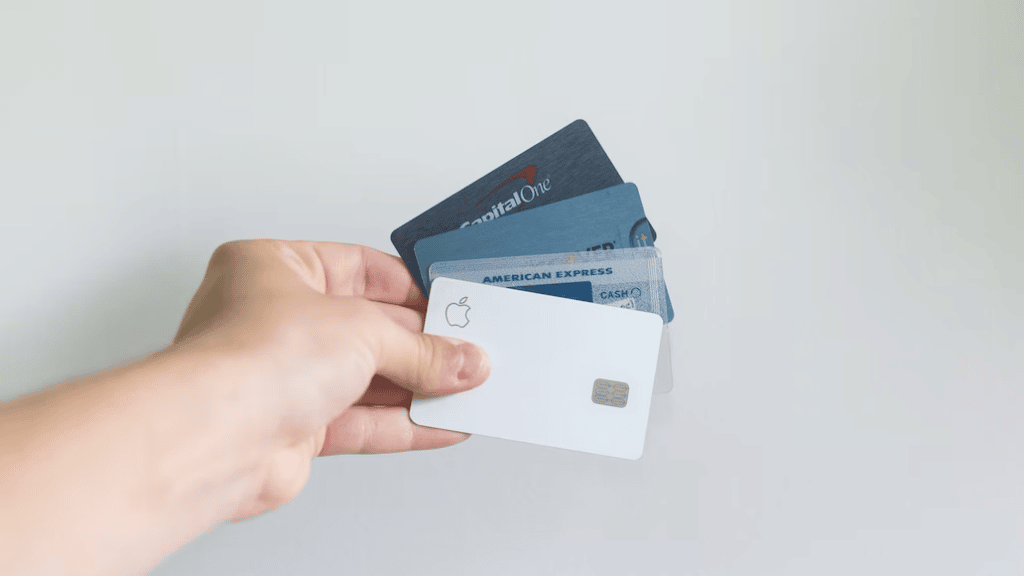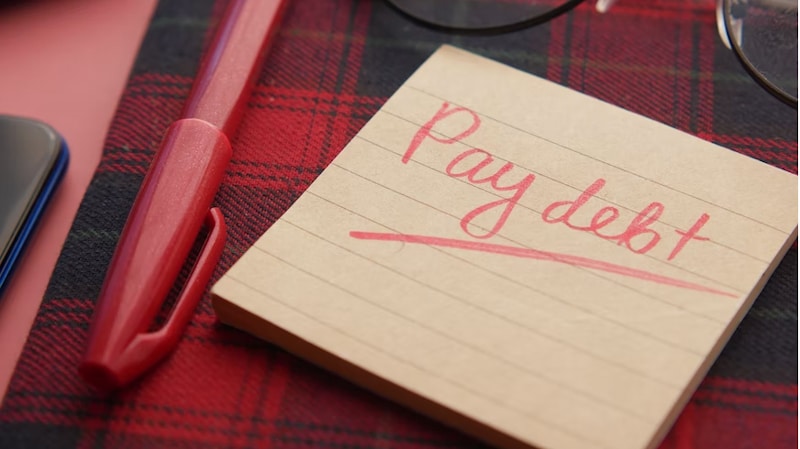

For any adult to be financially independent, it’s important to start with a good foundation on the basics. Learning and understanding the basics of personal finance will tackle topics like budgeting, growing savings, managing debt, building credit, retirement planning, bank accounts, and more. In order to build a good foundation for financial literacy, let’s take a closer look at each topic.
Every adult should know the basics of personal finance to set themselves up financially for their future. Basic skills range from budgeting on a daily basis to looking ahead and planning for your retirement. But many adults don’t have all the skills they need. The most recent National Financial Capability Study from FINRA (Financial Industry Regulatory Authority) found only 34% of test takers got at least four of the five questions correct. So, if you still have doubts, you are not alone. But the following should clear them up.
Budgeting is the most basic part of managing money. When you budget, you look at your income, which would include earnings and investments. You then divide that income to pay for your expenses. When budgeting, you need to prioritize the most important things, such as shelter and food.
Successful budgeting helps you put money aside for savings and prevents you from going into excess debt. You can learn to use software that can help you budget or use other known budgeting techniques, such as the envelope method.
The basic steps to budgeting are as follows:

One of the most basic things to understand in getting your personal finances on track is the various types of bank accounts and the importance of having one. For starters, let’s establish that keeping your money in a bank account ensures safety. There is a dramatically reduced risk of theft, and they get FDIC insurance. Additionally, you will need a bank account to write a check, use an ATM, use payment apps, receive your paycheck, pay rent, and earn interest on your money.
These are a few of the main types of bank accounts:

Credit cards are another crucial concept to understand early in your quest for financial literacy. With a credit card, you borrow money from the card issuer and pay them back at a later date. Your credit card bill will be due monthly. If you pay it in full by that date, you will not pay any interest. If, however, you don’t pay by the due date, your credit card balance accumulates interest.
Interest is measured as APR (annual percentage rate). The industry average is about 20%, but people with poor credit may have higher rates. This means that any balance you carry on your credit card will accumulate about 20% interest.
Credit cards also affect your credit score in a few ways. Paying your bills on time can boost your score, and paying late can hurt it. Your credit utilization ratio also considers your credit card. This compares the amount of available credit to the amount you are using. To boost your credit score, always pay your credit card balance in full each month and avoid getting close to your credit limit.

Once you understand the concept and terminologies of credit cards, you will need to learn how to choose a credit card. If you have no credit or bad credit, you may need a secured card, which differs from traditional credit cards. With a secured credit card, you make an initial deposit, and that deposit becomes your credit limit. Should you fail to pay your bill, the lender can keep your deposit, which reduces their risk. Secured cards report your on-time payments to the credit bureaus, improving your score. Once you qualify for a traditional credit card, it’s smart to switch.
When choosing a credit card, pay attention to annual fees, interest rates, rewards, and requirements. Many credit cards offer rewards, such as cash back or travel perks. Still, you typically need a good credit score to be eligible for these cards.

Part of managing your personal finances is planning for the future, which requires savings. In addition to setting you up for the future, your savings give you security in case of an emergency. Part of being financially literate means tracking how much you have saved at various points in your life and determining how much money you need in an emergency fund.
Your knowledge of various bank accounts will come in handy when growing your savings. You will want to look specifically into savings accounts that can grow your money and compare those to the returns associated with investments.

Your credit score is one of the harder concepts for many people to grasp. It is a number that lets potential lenders easily evaluate how likely you are to pay in full and on time. Experian, Equifax, and TransUnion are the three main credit bureaus lenders use.
Your credit score is based on your credit history, including on-time payments you have made. It is also influenced by how long your credit history is and the mixture of debt you have. Your credit utilization (how much of your available credit you use) also influences it.
Every adult should have an idea of what their credit score is, as it is so crucial for loans, credit cards, and even renting apartments and getting some jobs. Once you know what your score is, you can work to improve it. This will include paying off debt and disputing any errors on the report.

Most people have some amount of debt, and lenders consider a little debt to be healthy. Having a mortgage, car payment, or credit card and making on-time payments boosts your credit score. But you need to manage your debt to ensure that you keep up with payments and it doesn’t spiral out of control.
For most people, this basic part of personal finance begins with learning the difference between simple and compound interest. Simple interest is calculated once and based only on the principal, while compound interest is recalculated every month (or year) and includes the previous interest. From there, you will want to look at strategies to pay off your student loans, mortgage, or other similar debts. You may also learn about debt reduction methods, like the snowball and avalanche methods.

Once you have the financial basics for your daily life under control, it is time to start looking at investing and planning for the future. Investing typically starts with learning about various ways to grow your money, such as stocks, bonds, ETFs, and mutual funds.
The stock market is a group of exchanges and markets where people buy and sell stocks. You will need to work with a broker to invest in stocks. You can choose between a full-service broker who provides professional advice for a fee or an online broker that executes your investments and may offer advice. There is also an option to use a robo-advisor that picks investments for you.
The most common types of investments include:

Understanding real estate is another crucial part of your personal financial knowledge. Owning property is usually a smart investment, but it will depend on your situation. Before you buy a home, you need to make sure you can manage your mortgage, including the monthly payments and interest rates.
Having a home mortgage and paying it on time every month will improve your credit score. But you will also need a solid credit score before being approved for a mortgage loan.

Retirement planning is an extension of your investments, as the goal of investing is to grow your funds for the future. Planning for retirement will most likely start by learning more about 401(k)s, IRAs, and other types of retirement funds.
From there, utilize retirement calculators to determine how much money you need to retire. This can also include setting milestones or goals for various stages of your life.

Finally, you should understand the importance of tracking and managing your bank accounts. Online banking gives you easy access to your transactions and balances at all times. Managing your accounts ensures that you are always aware of your available funds and whether you are on track to reaching your savings and retirement goals.

Now that you have an understanding of the basics of personal finance, you can explore them in more detail. The more you learn about your personal finances, the better able you will be to budget, invest, and plan for your future.

